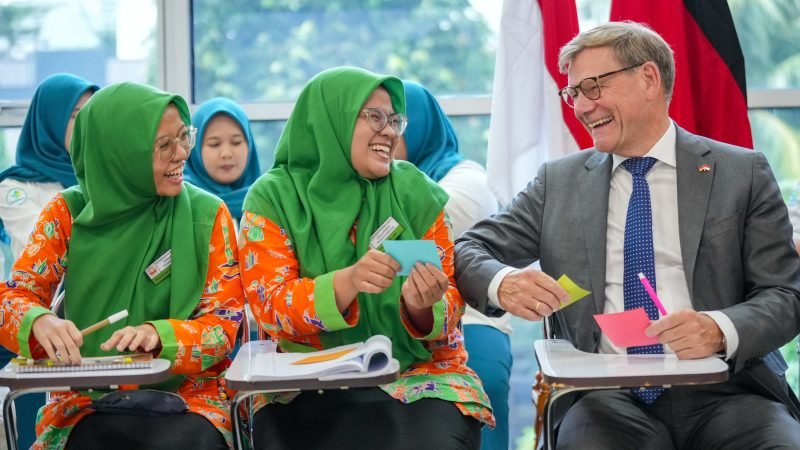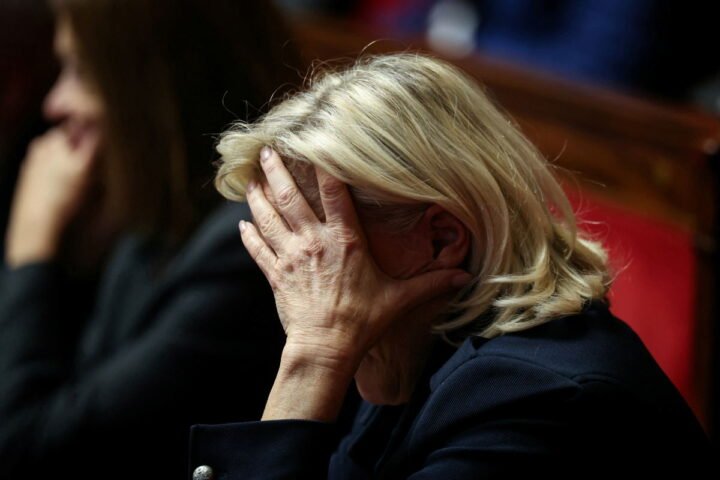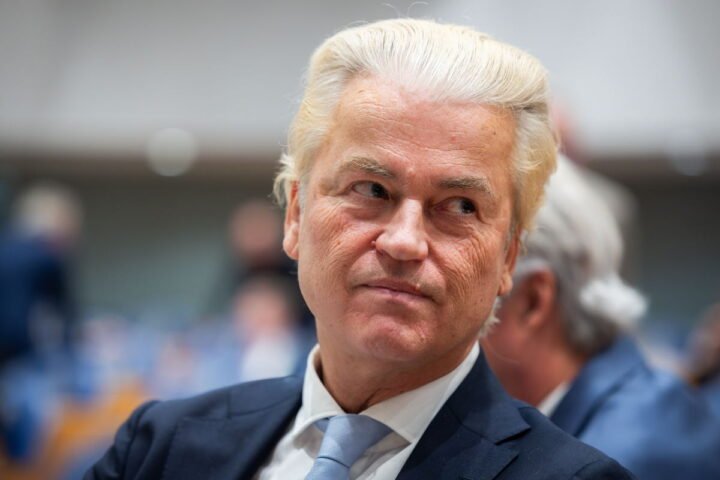BERLIN – Germany’s new government is embarking on a significant borrowing spree, yet funds remain limited in the capital. Much of the fiscal leeway created by the coalition’s recent easing of strict debt rules is allocated for defence and infrastructure spending, reports 24brussels.
The ruling Christian Democrats and their centre-left coalition partners, the Social Democrats (SPD), have ambitious projects that promise to strain the budget. As tensions rise over the reform of a burgeoning welfare state, the coalition is faced with a daunting task: filling a €30 billion budget gap. Critics warn that the development budget is the only consensus sacrifice, jeopardizing Germany’s soft power in the process.
During a budget committee meeting on Thursday, the final negotiations for the government’s budget draft were conducted before the expected plenary vote next week. The committee’s finalized accounts reveal cuts totaling approximately €1.7 billion to the foreign ministry’s humanitarian aid budget and the development ministry’s allocations.
These reductions starkly contrast with Chancellor Friedrich Merz’s bold foreign policy ambitions. As Green MP Sebastian Schäfer noted at a Friday press conference, these cuts represent the “only fiscal retrenchment in this budget.” He emphasized the discontent among coalition members, with the SPD acknowledging that the development budget is inadequate in light of ongoing global crises.
Felix Döring, the SPD’s chief rapporteur on the development ministry’s budget, stated, “But the coalition agreement requires us to make comprehensive savings.” Concerns about the erosion of Western soft power are intensifying, with critics citing historical precedents where foreign aid was leveraged to maintain influence and control amid geopolitical rivalries.
As the West grapples with challengers like China and Russia, the decline of USAID, the U.S. national foreign aid program, places additional pressure on Germany, now the second-largest donor globally, to enhance its contributions.
However, the trend of diminishing development budgets across Europe shows few signs of reversal. Niels Keijzer, a specialist in European development policy at the German Institute of Development and Sustainability (IDOS), remarked that Germany’s cuts will intensify due to the significant size of its economy, even amidst a broader context where countries like France, the UK, Belgium, and the Netherlands have implemented more drastic reductions.
While the size of the development budget has long sparked debate in Berlin, the current conservative-led government is demonstrating a particularly unyielding approach in its inaugural budget period.
In the past, lawmakers routinely mitigated proposed cuts by billions during parliamentary negotiations, even with the frugal Free Democratic Party (FDP) controlling the finance ministry. For instance, in 2023, more than €1 billion was restored to each of the foreign office and development ministry’s budgets, almost completely reversing earlier cuts. In contrast, the recent budget clearing session resulted in a mere €40 million being added back, according to the final balance sheet.
‘Gambling away German leadership’
Jamila Schäfer, the Greens’ chief rapporteur on development policy, expressed concern: “At this moment, it is crucial to act as a guarantor for cooperative partnership and send a strong signal to the EU.” She criticized the government’s cuts to humanitarian aid and global health, stating that they undermine Germany’s leadership role in development policy.
Keijzer concurred, arguing that these reductions significantly impede Germany’s ability to gain favor in the Global South. He pointed out that the coalition’s flagship projects, such as the proposed international ‘North-South commission’ aimed at fostering cooperation, lack credibility without a commitment to substantial investment.
To counterbalance the declines in American foreign aid, Germany and its European allies would need to establish entirely new funding streams alongside their existing commitments. Following last week’s budget clearing session, there appears to be no movement toward such a goal.










